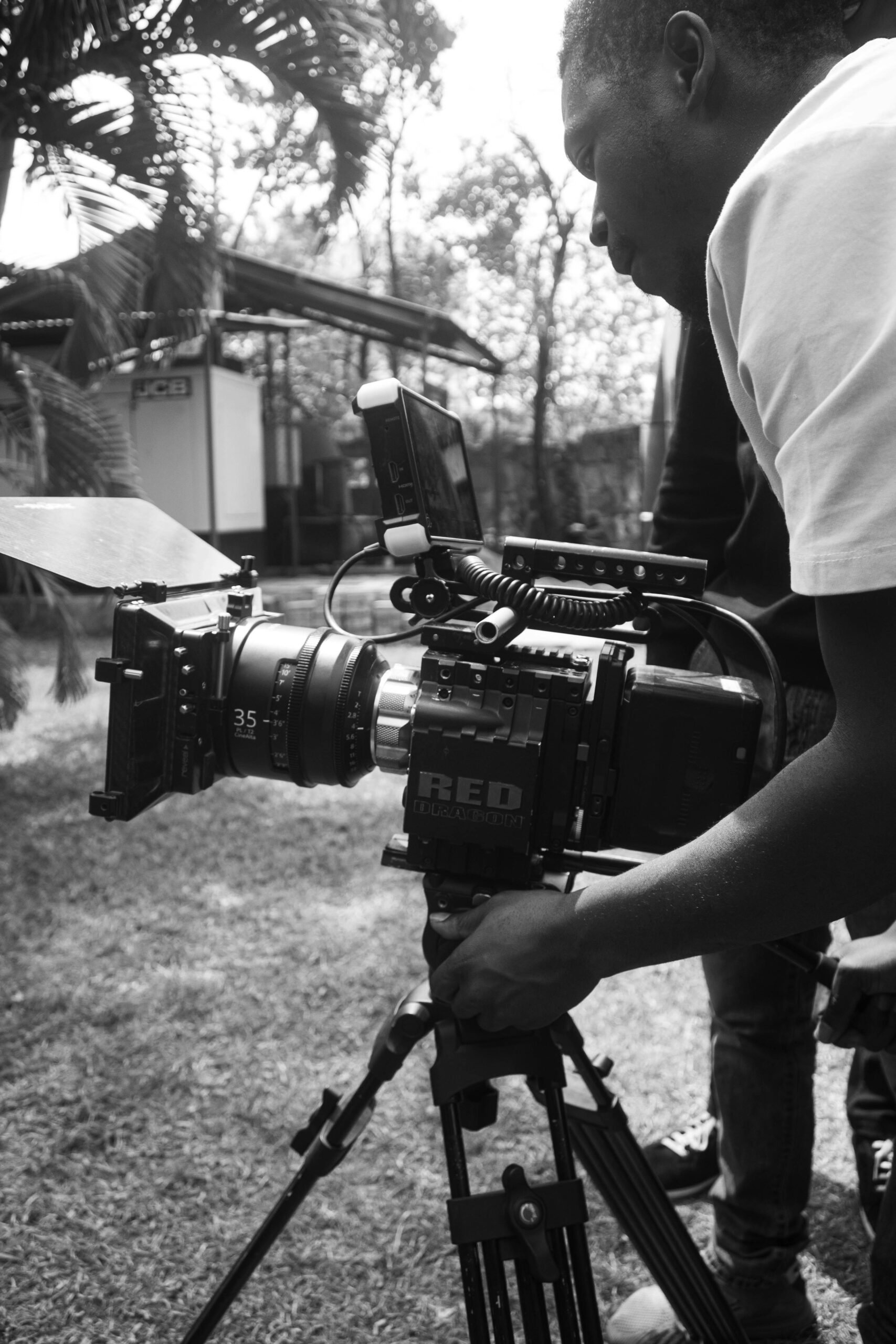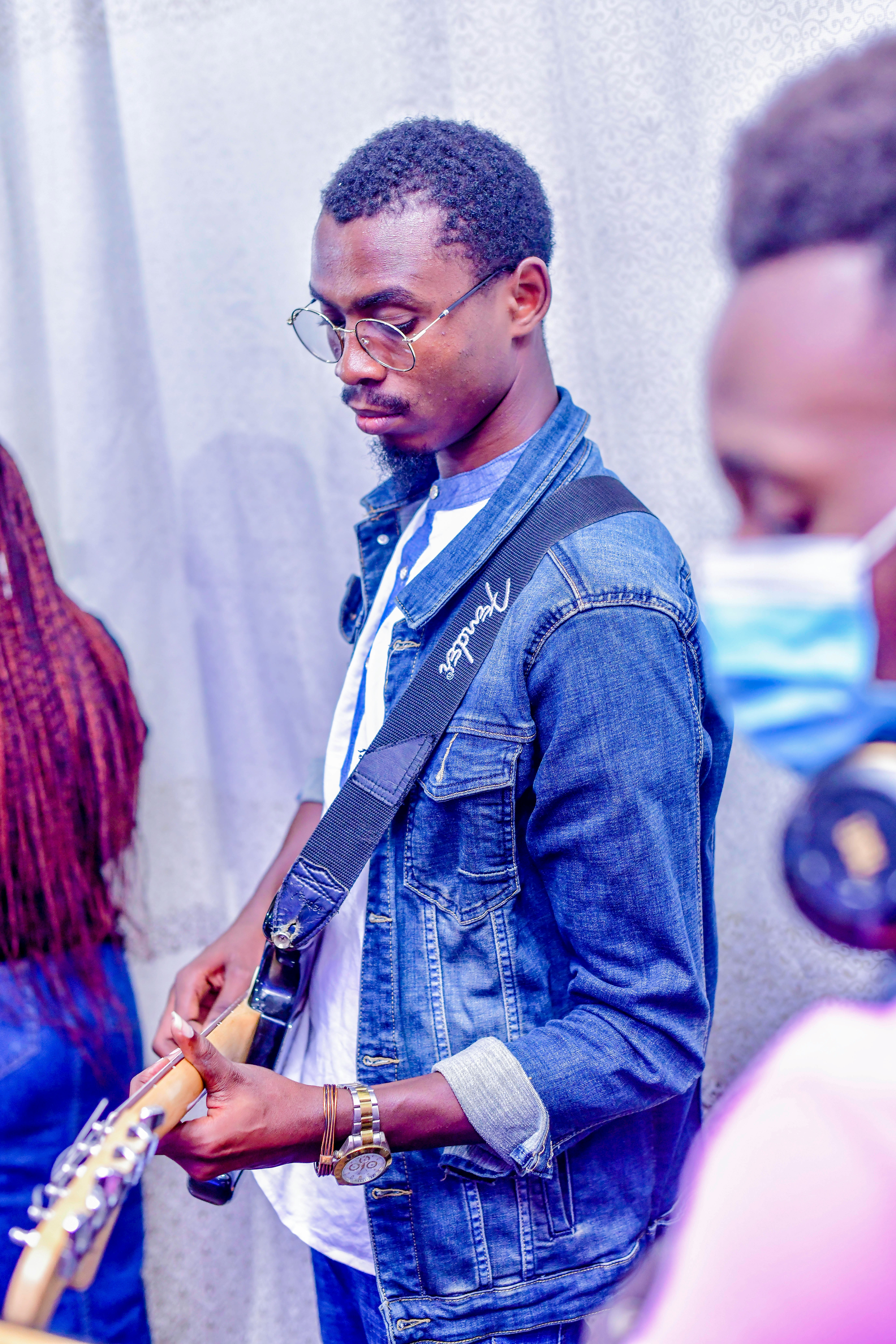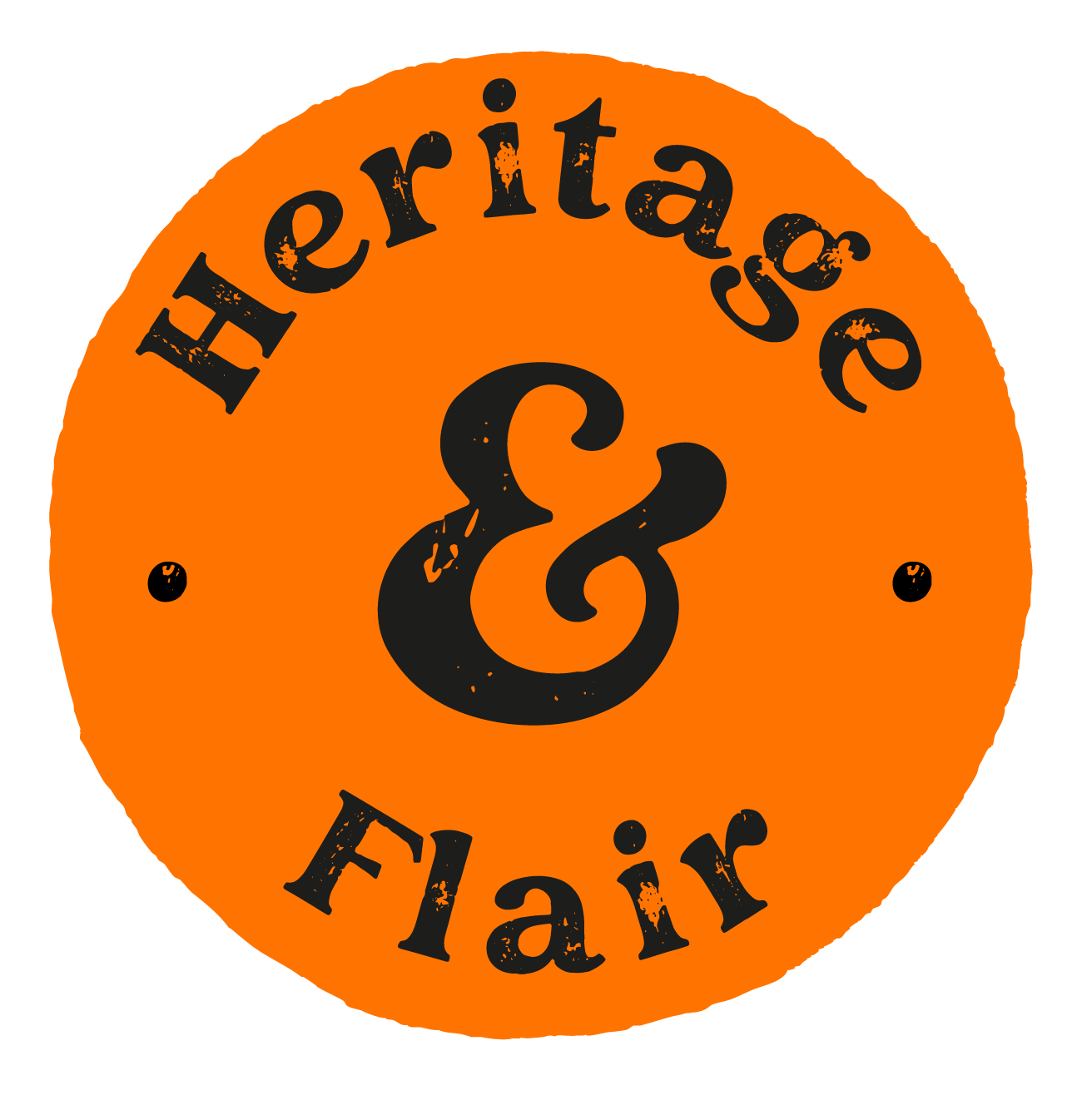
Photo by Johnathan Tshibangu
Democratic Republic of Congo
The Democratic Republic of Congo (DRC), often referred to simply as Congo, is located in Central Africa. It is the second-largest country in Africa by area, bordered by nine countries, including Angola, Zambia, Tanzania, Uganda, Rwanda, Burundi, South Sudan, the Central African Republic, and the Republic of the Congo.
Kinshasa, located on the Congo River, is the capital and largest city of the DRC. It is one of the largest cities in Africa and serves as an important economic and cultural centre. French is the official language of the DRC, inherited from its colonial history under Belgian rule. However, the country is linguistically diverse, with over 200 ethnic groups and hundreds of languages spoken.
The DRC has a population of over 90 million people, making it the fourth most populous country in Africa. The population is diverse, comprising numerous ethnic groups, including the Kongo, Luba, and Lunda.
The DRC gained independence from Belgian colonial rule on June 30, 1960. It was initially known as the Zaire but later changed its name to the Democratic Republic of the Congo.
The DRC operates as a semi-presidential republic, with a president serving as the head of state and a prime minister leading the government. However, political instability and conflict have plagued the country, impacting governance and democratic processes.
The DRC has vast natural resources, including minerals such as cobalt, copper, diamonds, and gold. However, the economy faces challenges due to corruption, poor infrastructure, and political instability. Agriculture also plays a significant role in the economy, employing the majority of the population.
The country has experienced decades of conflict and instability, fueled by internal and external factors, including ethnic tensions, competition for resources, and involvement of neighbouring countries.
The Congo River, one of the longest rivers in Africa and the world, flows through the heart of the DRC. It serves as a vital transportation route, supports agriculture and fishing activities, and is a source of hydroelectric power.
Located in eastern DRC, Virunga National Park is Africa’s oldest national park and a UNESCO World Heritage Site. It is home to diverse ecosystems, including forests, savannas, and mountains, as well as iconic wildlife such as mountain gorillas.
Hidden Insights: Uncovering Democratic Republic of Congo
1. Youth Population: The DRC has a large youth population, with a significant percentage of its citizens under the age of 25. Engaging and empowering young people through education, skills development, and employment opportunities is essential for the country’s future development and stability.
2. Lingala Music: Lingala is a widely spoken language in the DRC and is also the language of many popular music genres, including soukous and rumba. Congolese musicians such as Franco Luambo, Tabu Ley Rochereau, and Papa Wemba have made significant contributions to African music and have achieved international recognition.
3. Pygmy Communities: The DRC is home to several indigenous Pygmy communities, including the Mbuti, Efe, and Baka. These forest-dwelling peoples have unique cultural traditions, lifestyles, and knowledge of the rainforest ecosystem. However, they face challenges such as land encroachment, discrimination, and marginalisation.
4. Colonial Legacy: The DRC’s colonial history under Belgian rule has left a lasting impact on the country’s socio-political landscape. The exploitation of natural resources, forced labour practices, and the imposition of colonial administration structures have shaped the country’s development trajectory and contributed to ongoing challenges.

Photo by Batakane Pictures

Photo by Johnathan Tshibangu
Capital City: Kinshansa
Population: 111,859,928 (2023 est.)
Nationality: Congolese (singular and plural)
Location: Central Africa, northeast of Angola
Languages: French (official), Lingala (a lingua franca trade language), Kingwana (a dialect of Kiswahili or Swahili), Kikongo, Tshiluba
Religion: Christian 93/1% (Roman Catholic 29.9%, Protestant 26.7%, other Christian 36.5%), Kimbanguist 2.8%, Muslim 1.3%, other (includes syncretic sects and indigenous beliefs) 1.2%, none 1.3%, unspecified 0.2% (2014 est.)
Area Total: 2,344,858 sq km
DRC Embassy/High Commission in UK
Address: 281 Grays Inn Road, London, WC1X 8QF
Website: www.ambardc.london
Correcting The Map: The True Size Of Africa
The Mercator Projection downplays the size of Global South continents as it makes the Global North look larger
Heritage: What shapes us?
When heritage is mentioned, our minds often leap to the spectacular and the visible: the grandeur of world heritage sites, the majesty of traditional attire, the vibrant swirl of dances and festivals, or the melodies of mother tongues. These are the showpieces of...
HER-itage: Africa’s Phenomenal Queens And Leaders
Honouring and celebrating the incredible contributions of women throughout African history. These remarkable women have shaped nations, led revolutions, and stood against oppression with unwavering resilience. These queens, warriors, and visionaries broke barriers,...
